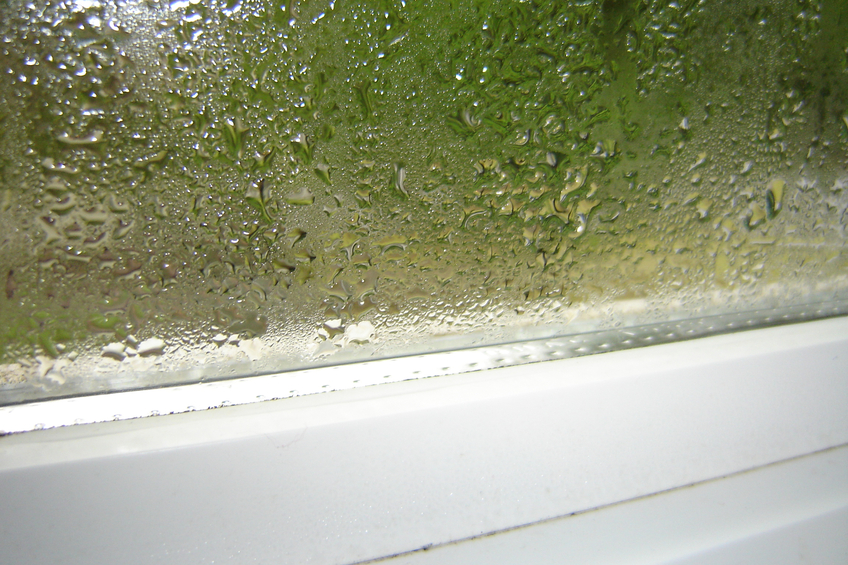How Does Humidity Affect Your Home?
Posted on June 24th, 2016 by Devine Bros

Humidity measures how much water vapor is present in the air. High humidity levels can not only make a hot summer day feel unbearable, but it can also have devastating effects on your home.
How does humidity affect your home?
-
Wood walls, flooring, and furniture. High humidity levels can wreak havoc on the wood in your home: including walls, flooring, beams, and furniture. The excess moisture in the air can penetrate the wood, causing it to warp, rot, split, and crack.
-
Increased workload on your cooling system. Part of the way that air conditioners work is by removing excess humidity from the air. When your humidity levels are high, your air conditioner has to work overtime to keep you comfortable. This extra wear-and-tear leads to higher energy bills and a shorter lifespan.
-
Mold growth. Mold can grow virtually anywhere, but damp areas are the most susceptible to the fungus. Long-term humidity problems almost always lead to mold growth, which can have a negative effect on the health of your family.
-
Comfort levels. If you have ever been outside on an extremely muggy day, you know that humidity can make you feel uncomfortable. The same is true inside your home. In addition to the unpleasant stuffy, sticky feeling, humidity can make the temperature feel significantly warmer than it actually is – compromising your family’s comfort.
Maintaining your home’s humidity level is key to staying comfortable during the summer months. Having a properly-sized air conditioner and dehumidification system is an important piece of the puzzle. Trust the heating and cooling experts at Devine Bros. to equip you with the central air system that is right for your home. If you live in Fairfield County, Connecticut, give us a call at (203) 866-4421.

